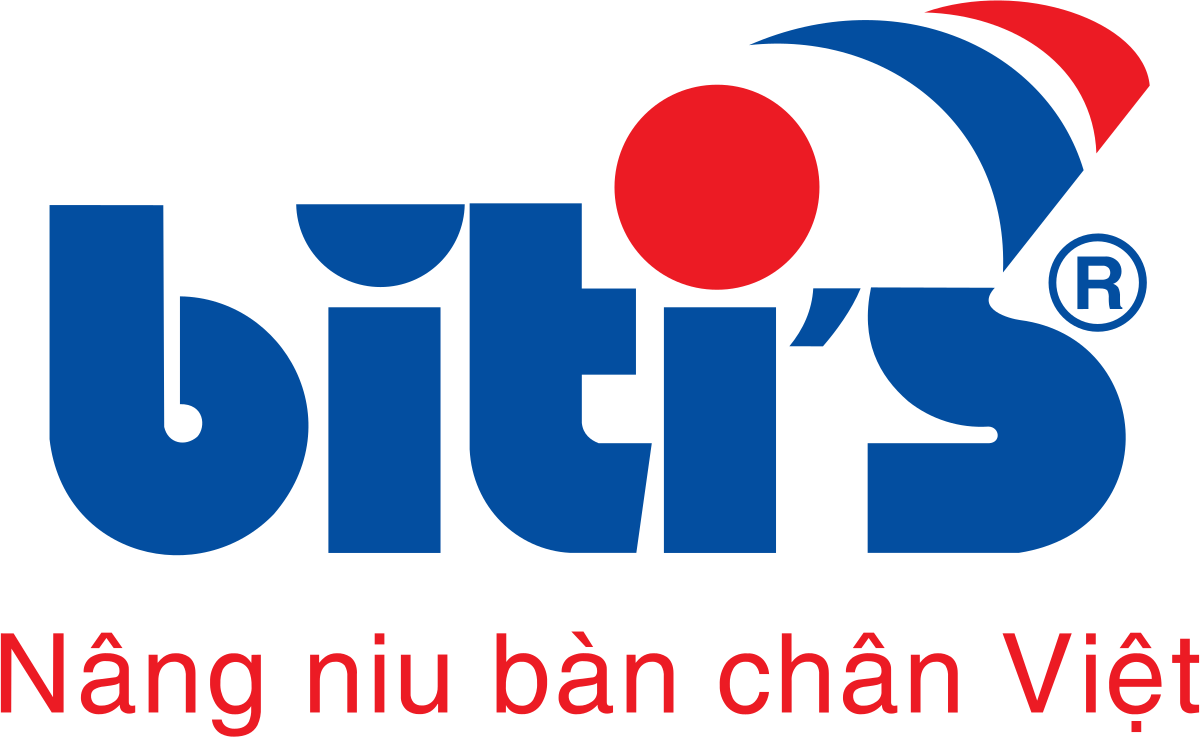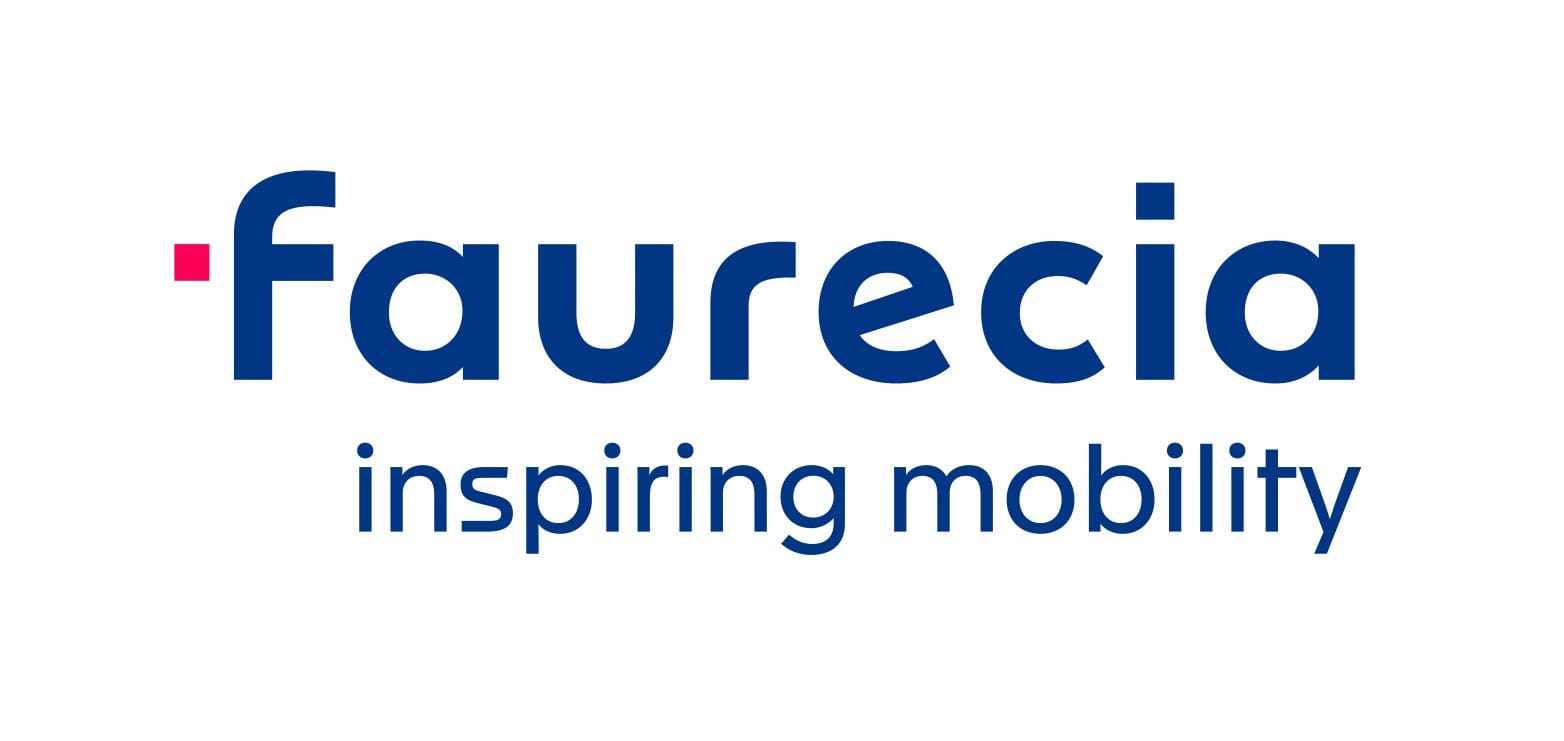There are many ways organizations are actively reducing the quantity of plastic waste they produce. Through a series of articles, we are highlighting five approaches that partners of our Deplastify the Planet program have taken. In this article, discover how Faurecia has been searching for alternative materials and the implications that come with them.
Deplastify the Planet is a one-of-a-kind project-based class offered jointly by UC Berkeley (SCET) and Schoolab, a global innovation studio, where students work with real-world companies with a single goal in mind – ‘deplastify’ the planet. Students from all disciplines and backgrounds work in small teams on semester-long projects. Each team is paired with a corporate partner and spends the entirety of the semester brainstorming, building, testing, and solving for how to curb the excessive use of plastic.
Over the past half a century, perhaps no other class of human-made materials has defined humanity more than plastics. Taking a myriad of useful forms, these materials have essentially become an indispensable part of our lives and almost representative of our modern society. However, plastics are a two-edged sword, and careless use and disposal of it has created the immense potential for environmental harm.
Plastics, which are non-biodegradable bi-product of the petroleum industry, pose risks both at the manufacturing level and during their disposal. The harmful chemicals used to convert petroleum into usable plastic contaminate local water sources, and when these are disposed into the ocean, or worse, burned, cause immeasurable damage to our environment. For instance, nearly 13 million tonnes of plastics are disposed of into the oceans every year. These plastics and microplastics become a part of our ecosystem when they are consumed by wildlife marine species, and eventually biomagnify to make their way back to humans. Clearly, plastic pollution is a serious issue and warrants our urgent and utmost attention. However, in order to solve this massive problem, we not only need bright and dedicated minds, we also need to use the technology we have at hand to its fullest potential.
Track and control the value chain from waste plants to actual recycled products
Enter Lonely Whale – an organization offering an incubation program for those daring to build companies that solve the problem of plastics in our ocean.
The complex economics of the global plastic trade is underlined by the same elegant and simple economic principle that governs everything else around us – supply and demand. We have the capacity to recycle a large amount of the plastic that enters our oceans every year, however, in order to recycle more, it is essential that demand for recycled plastic increases further. The unfortunate reality is that today, there are little to no incentives for companies to purchase recycled plastics and put them to use elsewhere. This is where the need for advocacy and technology comes in. A global infrastructure that allows for more transparency into where plastic is not only produced but also used and discarded. This level of traceability would aid the identification of the companies that are polluting the most, thereby allowing upcycled plastic products to create a niche for themselves.
At Schoolab’s “Deplastify the Planet”, a semester-long class taught at UC Berkeley, Lonely Whale teamed up with four students – Gurjot Kohli, Karina Gulati, Raghav Singh and Jordan Coffey – to solve this problem of traceability in our global plastic supply chain, and create an incentive system for companies to use recycled and upcycled plastics.
The team’s profound idea will use blockchain technology to create tamper-proof ledgers which will trace the lifecycle of ocean-bound plastics – starting from waste pickers all the way through to recycling centers where it is converted to plastic pellets and finally sold to companies.
Since blockchain allows for distributed, secure and public sharing of transactional data, it serves as a perfect bedrock technology for their project. In their iteration, blockchain would allow for a fair and growing network and infrastructure for trade between manufacturers, waste pickers and recycling units.
Furthermore, they plan to implement a plastic credit system to incentivize companies to invest in the recycled plastic market and motivate them to spend the same dollar amount on recycled plastic as they do on used plastic to become ‘plastic neutral’. This incentive system would also allow for waste-pickers to accumulate points by collecting and depositing plastic which would be redeemed in fiat cash.
Once they are able to integrate blockchain with their incentive system, and partner with global companies and local waste-pickers, they will be able to create something absolutely unique – a decentralized marketplace where companies would be able to buy and sell recycled plastic and receive plastic credits which would be used to make them truly “plastic neutral”.










